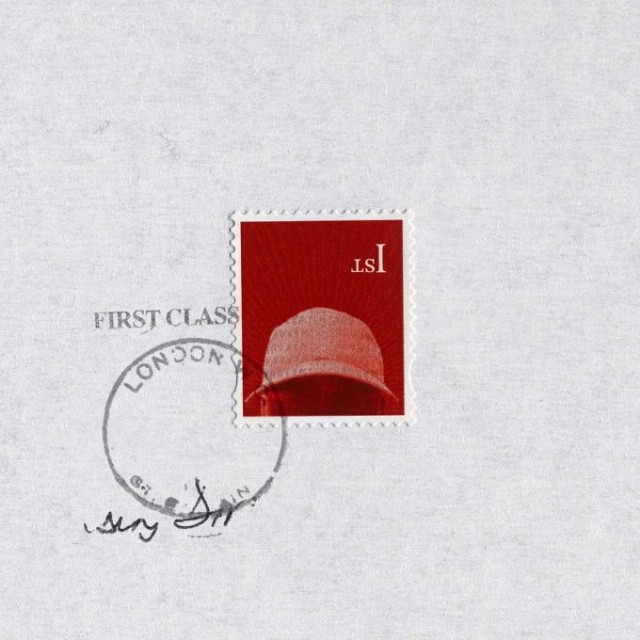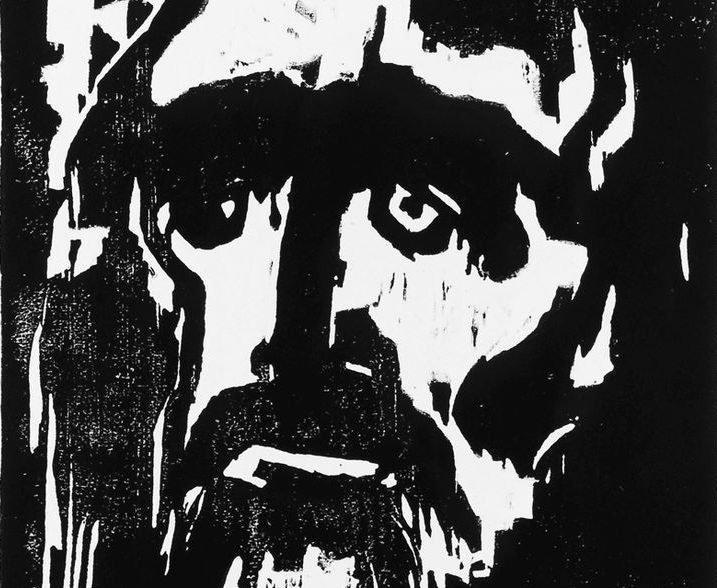Although it may sound new, for more than a decade, Skepta and the Boy Better Know have been making “grime,” a genre of rap that comes exclusively from London. Skepta’s younger brother, JME’s song “96 Bars of Revenge,” was released 10 years ago and has three million views on Youtube. Skepta’s first album, ironically titled, “Greatest Hits,” came out in 2007 and is still one of the best British rap albums to ever be released. Skepta and British rappers hav been making great hip-hop and have already found success in their homeland.
Yet, it wasn’t until 2014-2015 when grime exploded in the United States. The first grime track I ever heard was the 2014 U.S. remix of “That’s Not Me,” with New York City underground rapper Wiki, replacing JME’s verse. That remix opened a door to a facet of hip-hop I had never seen before. It was harder, faster, and more playful than what was being produced in the States. Last year, Drake and Kanye cosigned Skepta, and his track “Shutdown” completely bridged the gap between the Atlantic by becoming one of the hottest rap bangers of the summer.
Konichiwa is Skepta’s fourth album and is likely to become his most successful internationally with the amount of attention the U.K. MC has received in the past year. And if it hasn’t happened already, the release of this album will mark the beginning of a new British Invasion for grime. Konichiwa is not just a great grime album, but a great hip-hop album. Easily one of the best to come out in 2016.
Skepta and the grime sound has changed a lot since the early 2000’s. Primarily it has been strongly influenced by the popularity of trap and drill rap music in the States. This can be seen with tracks such as “It Ain’t Safe” and “Gang” with nasty strings and hooks about mobbing and cooking crack that make you want to fight the next person that steps up to you and your crew. However, it has not strayed away from what grime represents with it’s heavy Dancehall and Drum and Bass influences still present throughout the entire album. Songs like “Lyrics” and “Corn on the Curb” could have fitted nicely on an older Skepta album like Microphone Champion.
It is clear that Konichiwa is a great grime album. Like JME said, when listening to grime you have to “Bop your head to the beat.” And that is what the album does. It transports you to a Boiler Room session in a packed room, just bouncing to the instrumental. Truss no party will be complete in the coming months without A$AP Nast’s and D-Double-E’s serenade in “Ladies Hit Squad” or Pharrell’s drums on “Numbers.”
But what makes Konichiwa a great hip-hop album is its ability to take us to London and to tell us what it is like to come from the roughest parts of the U.K. Although hip-hop today has turned more into pop music, it is a music that is rooted in struggle. Those that know the history of grime know that it is plagued with struggle. Like other genres of rap, it has been said to support violence and crime. When Kanye performed “All Day” at the BRIT Awards last year it was a shining moment for grime artists that was met with sharp criticism. London Metropolitan police make event promoters fill out Form 696, a risk assessment form that must be filled if the event “predominately features DJ’s or MC’s performing to a recorded backing track.” The form used to even ask for the ethnicity of the attendees.
As a grime rapper that has been in the game for more than 10 years, Skepta knows that his music is more than something for a bunch of kids to jam to. The song “Crime Riddim” is a song about being stopped by the police. The opening track “Konichiwa,” tackles the issue of racism and government corruption in the U.K. Even in hype tracks like “Gang,” Skepta delivers lines about police shootings and making it out of poverty. As a grime veteran, Skepta has not only gone through tumultuous times such as the 2011 London Riots, but also lost friends such as fellow musician Lukey Maxwell, who was stabbed to death earlier this year. Like other great rappers, Skepta lived the environment that created grime and he is showing it to the masses.
He makes this very clear in the outro of “Corn on the Curb” through a phone call with fellow MC Chip.
“I can’t be up there with them people either… you know what I’m saying? I’m too black to be up there, you see what I’m saying, fam? I don’t know, I feel like… I feel like I’m in limbo, Chippy. I feel like I’m in limbo, fam,” Skepta said.
And Chip responds.
“You got the call from god to do something deeper, bro. Like, you got the call to go and make everyone look at everything else that is happening over here fam you get me?”
And Skepta has answered this call by not just bringing together all the best U.K rappers with him to record his best work yet. He has created something that is the epitome of what good music is. Something that is universally understood. Although we may not be in the Ends or use the same vernacular one thing that is understood well in hip-hop is human struggle and the ability to overcome it. Skepta has come a long way and now that he has the world’s attention he is not going to miss the opportunity to put Boy Better Know into hip-hop history.




Comments are closed.